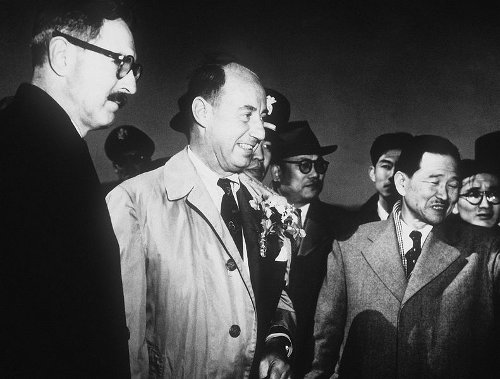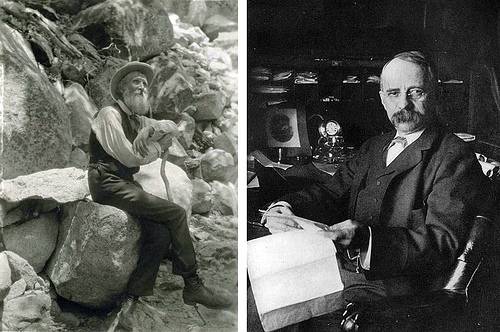In 1867, a Boston family paid its servant Bridget McDonald $38 in bank bills. A Martin O’Malley “asked her to let him take the money and count it, she not being able to read or write.” When she obliged, he refused to return the bills and threatened to burn them unless she opened the door. She did, and he went off with the money.
O’Malley was prosecuted for larceny, but the trial court seemed to feel that he was actually guilty of embezzlement, since he hadn’t taken the money from Bridget but merely kept it against her will. So it acquitted him.
A jury then convicted O’Malley of embezzlement, but he appealed — claiming that the act amounted to larceny. And apparently he went free.
(To prevent such injustices, many legislatures eventually combined larceny, embezzlement, and false pretenses into a single offense called theft.)



